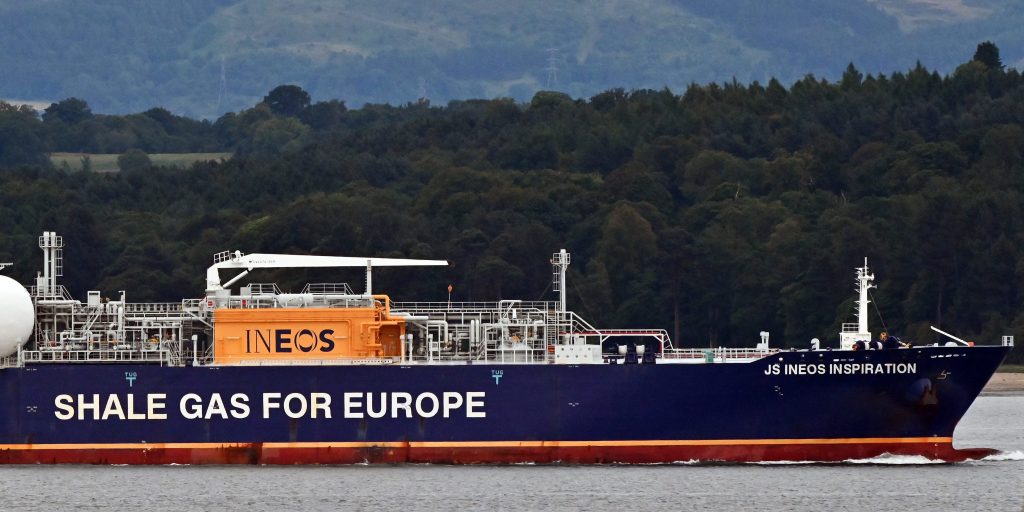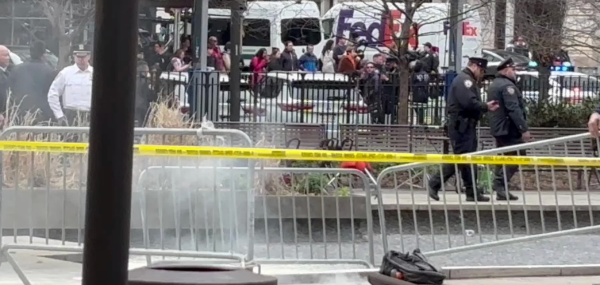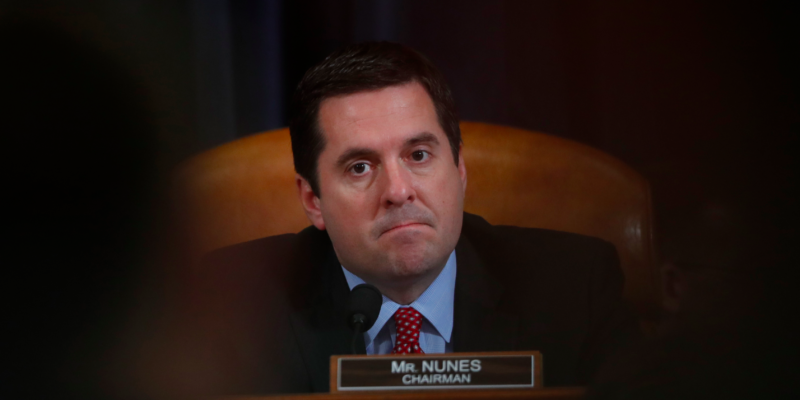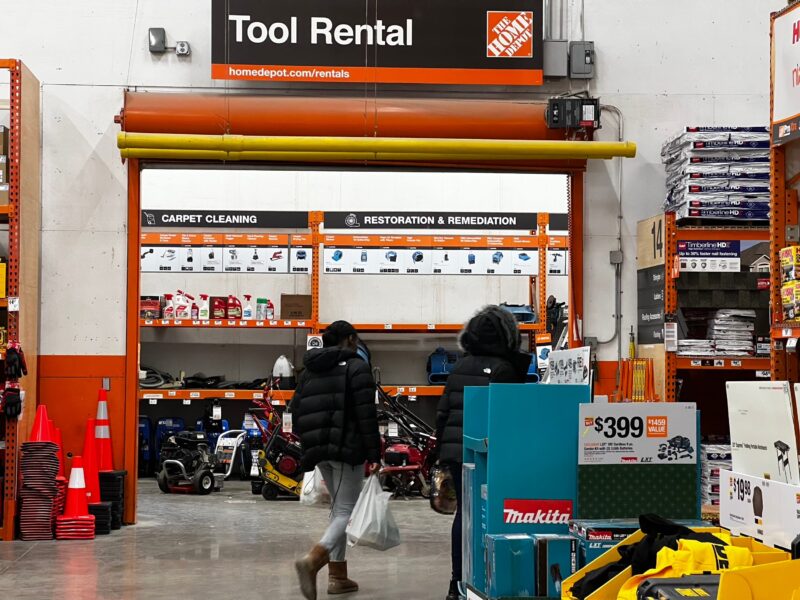- A worsening energy crisis in Europe has sent charter prices for natural gas tankers skyrocketing.
- Daily charter rates for September have risen to $105,250, up from $47,000 a year ago, according to a Wall Street Journal report.
- Massive demand and limited supplies of the ships have also raised the price for building new ships by a steep margin.
The worsening energy crisis and soaring cost of fuel has put pressure on natural-gas supertankers as nations rush to get a hold of vessels amid a shortage of ships.
Charter rates for existing tankers for mid-September and mid-November are $105,250 per day, according to Spark Commodities data compiled by the Wall Street Journal.
That's 64% higher from the current daily fare of $64,000, and 124% higher than year-ago prices. The pool of currently available vessels has been squeezed because traders are booking the tankers well ahead of time to handle the volume of natural gas deliveries, per the report.
Since invading Ukraine, Russia has slashed natural gas supplies to Europe. That has left Europe competing with Asian nations like South Korea and Japan for a dwindling amount of natural gas which travels via a limited number of ships.
Thus, demand for tankers that ferry liquefied natural gas – which can span the length of three football fields – has jumped dramatically.
With dealers booking as many liquefied natural gas tankers as possible, South Korea, the world's biggest producer of the ships, can't take on any new orders until 2027, research firm Rystad Energy estimates.
But that's also raised the price to build new tankers.
The cost to build a new ship is approaching $240 million, Rystad Energy data shows, up from $190 million a year ago.
What's more, some charter prices for so-called floating storage, which are usually converted former tankers, has jumped to $200,000 a day, more than double the cost at the start of 2021, according to the Journal.
Meanwhile, natural gas prices in Europe climbed 19% Monday to reach a fresh record. Russia's Gazprom announced a three-day maintenance on the Nord Stream 1 pipeline at the end the month, though the news has raised fears that flows will halt altogether after the pause.










